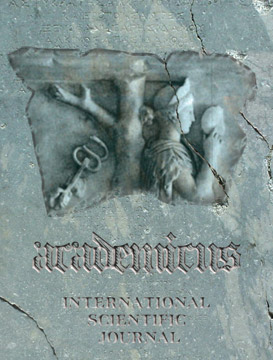A Study in the Political Thought of German Idealism, from Leibniz to Marx
This paper summarizes the major themes of my current monograph project and my recent co-edited volume on post-Kantian perfectionism. The central thesis is that Kant’s critique of rational heteronomy in the Groundwork effectively ruled out certain types of perfectionist ethics and their corresponding political applications, notably the programmes of Christian Wolff and his school, which were dominant in the German territories in the mid- to late eighteenth century. Kant’s critiques did not, however, preclude the emergence of a new type of perfectionism, no longer based on the state-sponsored promotion of eudaimonia or material, intellectual, and spiritual thriving, but on the advancement of freedom and the conditions for its exercise. Predicated on the idea of right, post-Kantian perfectionism focuses on maintaining and enhancing the juridical, political, and economic conditions for rightful interaction among self-defining individuals. Humboldt, Schiller, Fichte, Hegel, and the Hegelian School exemplify this new approach in different ways. Marx’s problematic relation to this tradition is outlined.
Academicus International Scientific Journal is an Open Access Journal. This means that all content is freely available without charge to the user or his/her institution. Users are allowed to read, download, print, search, or link to the full texts of the articles in this journal without asking prior permission from the publisher or the author. This is in accordance with the BOAI definition of open access. Users are obliged to cite the source (Academicus International Scientific Journal) and the author, according to the international citation standards.
Academicus
International Scientific Journal
pISSN 2079-3715
eISSN 2309-1088
Address:
Sheshi i Flamurit, Rruga Muze
Al-9401 Vlorë, Albania
Tel: +355 68 60 60 555
info@academicus.edu.al
https://academicus.edu.al



 Scholar
Scholar
 Crossref
Crossref
